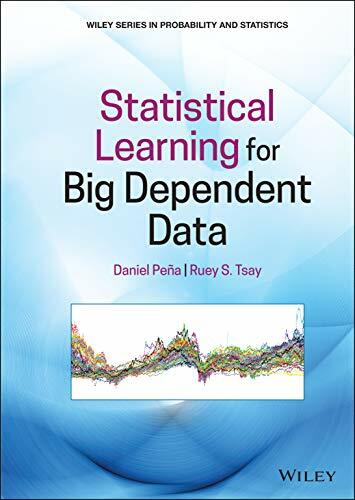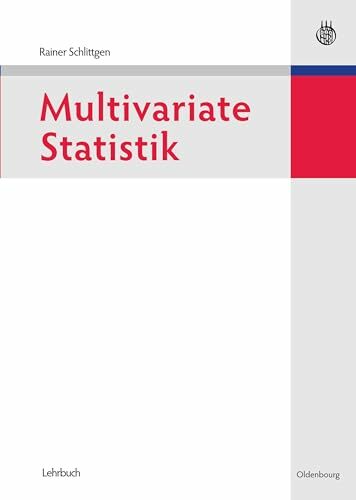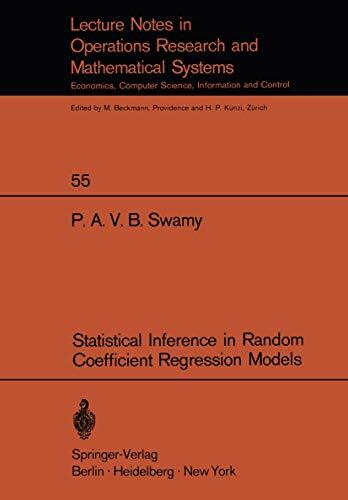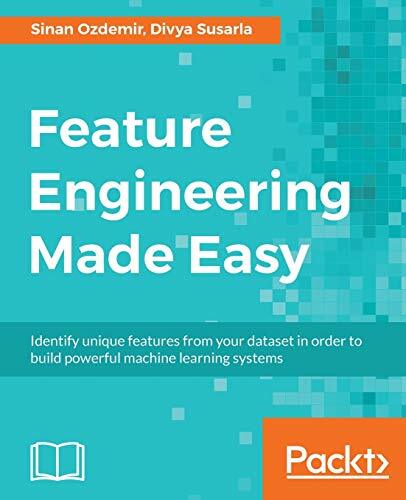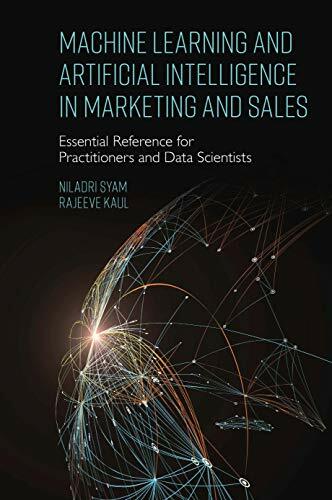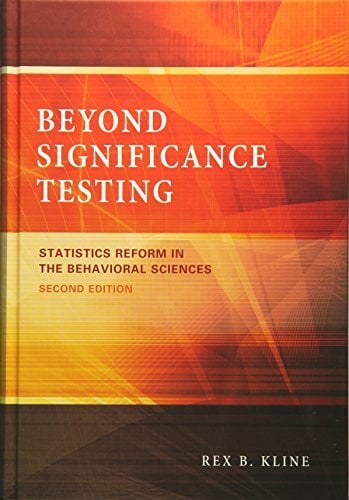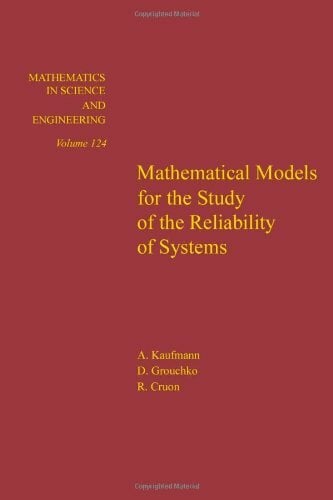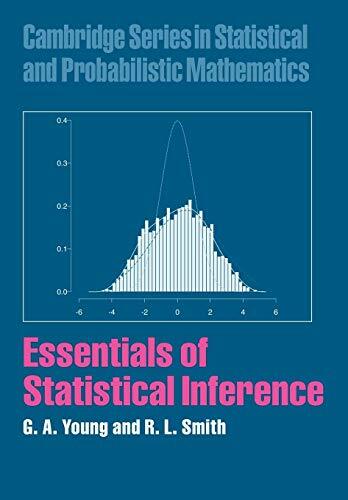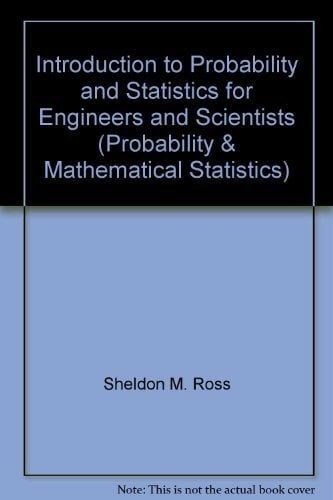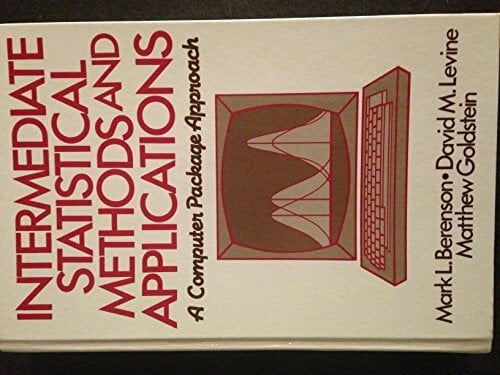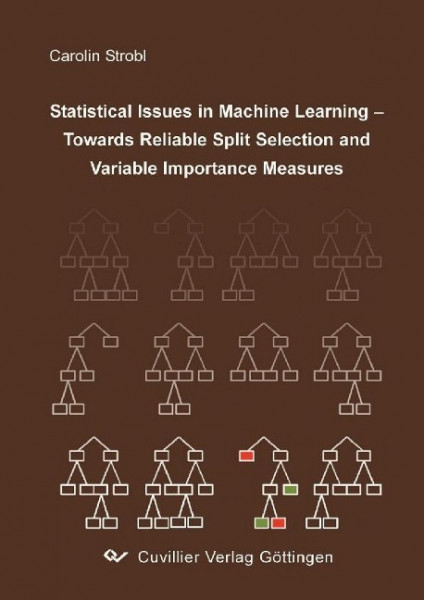
Statistical Issues in Machine Learning Towards Reliable Split Selection and Variable Importance Measures
Kurzinformation
inkl. MwSt. Versandinformationen
Artikel zZt. nicht lieferbar
Artikel zZt. nicht lieferbar

Beschreibung
Recursive partitioning methods from machine learning are being widely applied in many scientific fields such as, e.g., genetics and bioinformatics. The present work is concerned with the two main problems that arise in recursive partitioning, instability and biased variable selection, from a statistical point of view. With respect to the first issue, instability, the entire scope of methods from standard classification trees over robustified classification trees and ensemble methods such as TWIX, bagging and random forests is covered in this work. While ensemble methods prove to be much more stable than single trees, they also loose most of their interpretability. Therefore an adaptive cutpoint selection scheme is suggested with which a TWIX ensemble reduces to a single tree if the partition is sufficiently stable. With respect to the second issue, variable selection bias, the statistical sources of this artifact in single trees and a new form of bias inherent in ensemble methods based on bootstrap samples are investigated. For single trees, one unbiased split selection criterion is evaluated and another one newly introduced here. Based on the results for single trees and further findings on the effects of bootstrap sampling on association measures, it is shown that, in addition to using an unbiased split selection criterion, subsampling instead of bootstrap sampling should be employed in ensemble methods to be able to reliably compare the variable importance scores of predictor variables of different types. The statistical properties and the null hypothesis of a test for the random forest variable importance are critically investigated. Finally, a new, conditional importance measure is suggested that allows for a fair comparison in the case of correlated predictor variables and better reflects the null hypothesis of interest. von Strobl, Carolin
Produktdetails

So garantieren wir Dir zu jeder Zeit Premiumqualität.
Über den Autor

- Gebunden
- 209 Seiten
- Erschienen 2013
- Springer

- Gebunden
- 688 Seiten
- Erschienen 2017
- Springer
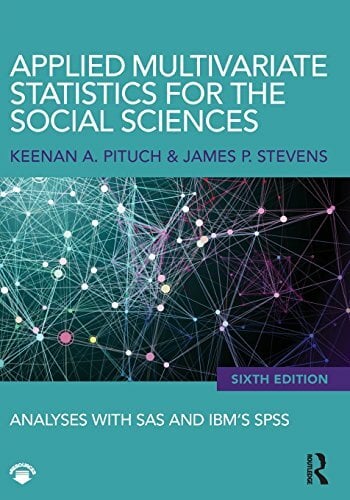
- Kartoniert
- 794 Seiten
- Erschienen 2015
- Routledge

- Hardcover
- 456 Seiten
- Erschienen 2000
- Wiley-Interscience

- Kartoniert
- 148 Seiten
- Erschienen 2022
- Springer
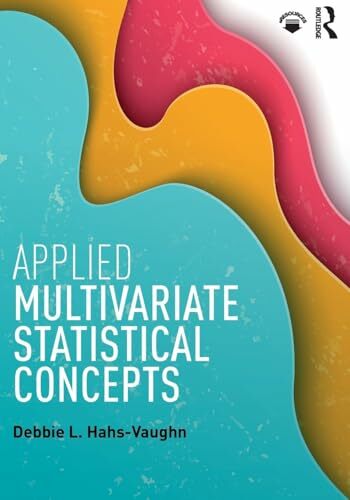
- paperback
- 662 Seiten
- Erschienen 2016
- Routledge
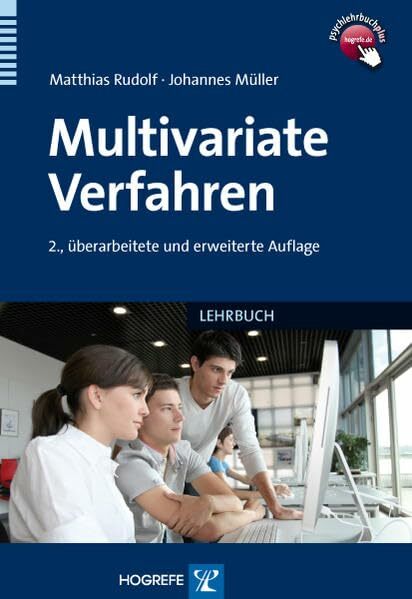
- Hardcover
- 411 Seiten
- Erschienen 2012
- Hogrefe Verlag
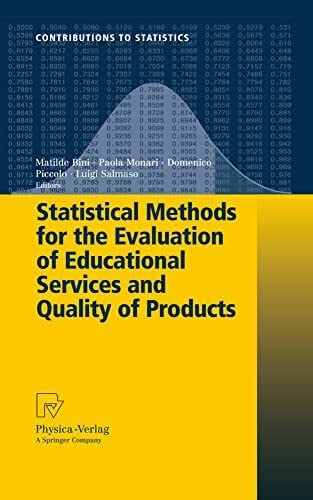
- Gebunden
- 243 Seiten
- Erschienen 2009
- Physica

- Gebunden
- 514 Seiten
- Erschienen 2008
- Springer

- Kartoniert
- 277 Seiten
- Erschienen 2009
- Springer








